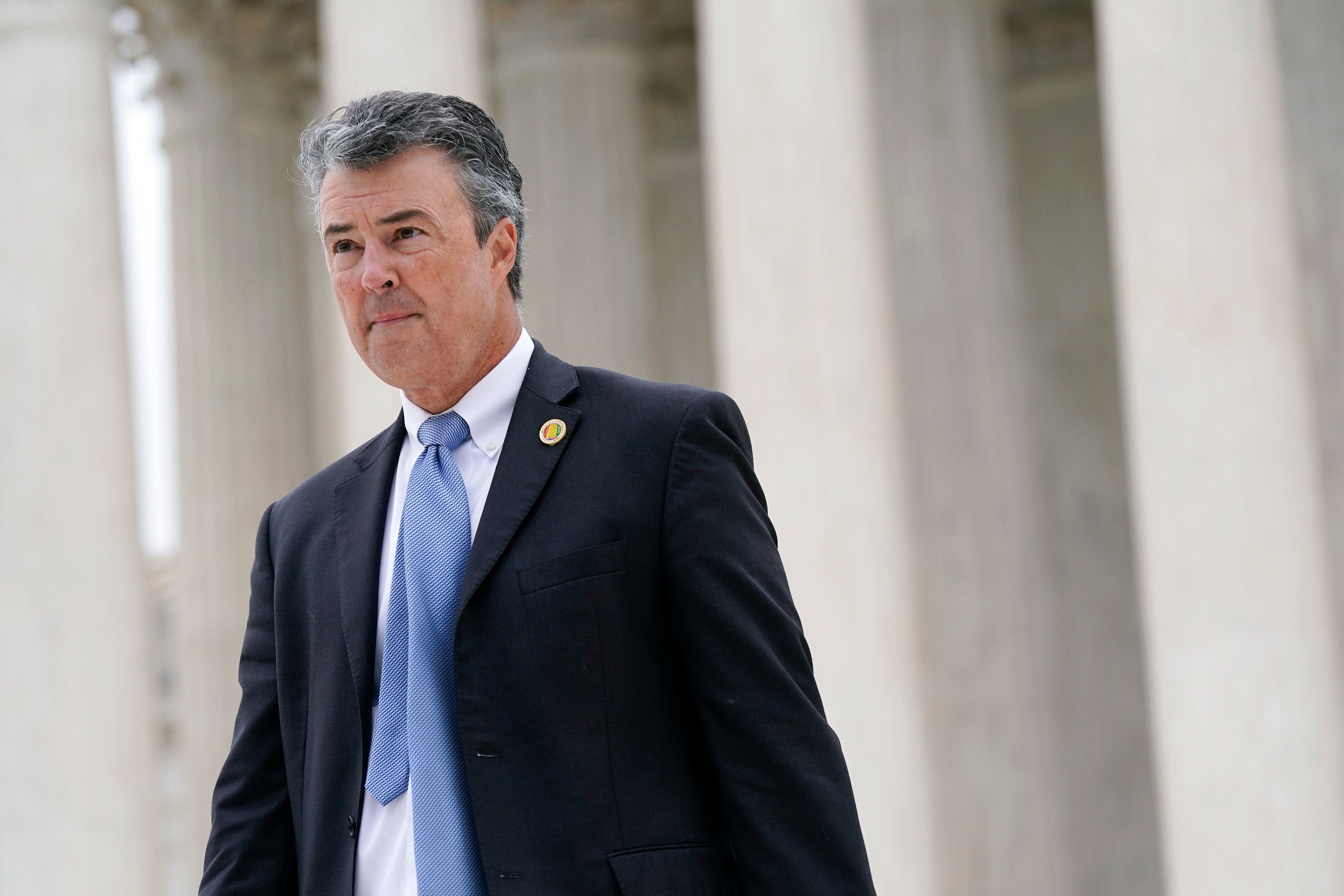Alabama Attorney General Steve Marshall sent a letter to municipal leaders around the state on Monday to explain how they are allowed to use the approximately $300 million in opioid settlement money to be paid over several years.
The opioid crisis in Alabama has been especially severe. A report conducted between November 21, 2021, and November 20, 2022, named Alabama the state with the seventh-highest non-fatal opioid overdose rate in the country.
Alabama is among several states that have sued pharmaceutical companies over the last decade.
Unlike attorneys general in other states, Marshall filed independent lawsuits against opioid companies like Endo Pharmaceutical, McKesson, and Johnson & Johnson. He could have joined a joint settlement against the companies but would have brought back less money for the state.
As a result of Marshall’s litigation efforts, the state will bring in nearly $600 million over several years. Some of this money will go to the state, but around half will go to local governments.
City and county officials must now choose what to do with the money they receive from the settlements.
In Monday’s letter, Marshall stressed that the $300 million in the settlements are intended to be used specifically for abating the opioid crisis.
“Your cities and counties have received, and will continue to receive, funds from those settlements,” he wrote. “I write to underscore for you the permitted uses of this money and to ask for your help in ensuring that it is used judiciously. We owe it to the People of Alabama to get this right.”
According to Marshall, funds can be used for education, prevention and treatment related to the opioid crisis. Local officials must submit spending information to the attorney general’s office.
Marshall said he hopes the approved uses facilitate productive use of the funds but also allow for flexibility to address the specific needs of each community.
“I am of the strong conviction that local governments know best how to combat the opioid epidemic in their communities,” he wrote. “It is my hope that subdivisions will work with one another, and in some cases with the State, to implement a thoughtful and meaningful abatement plan that will yield regional benefits.”
To connect with the author of this story or to comment, email will.blakely@1819news.com or find him on Twitter and Facebook.
Don’t miss out! Subscribe to our newsletter and get our top stories every weekday morning.










